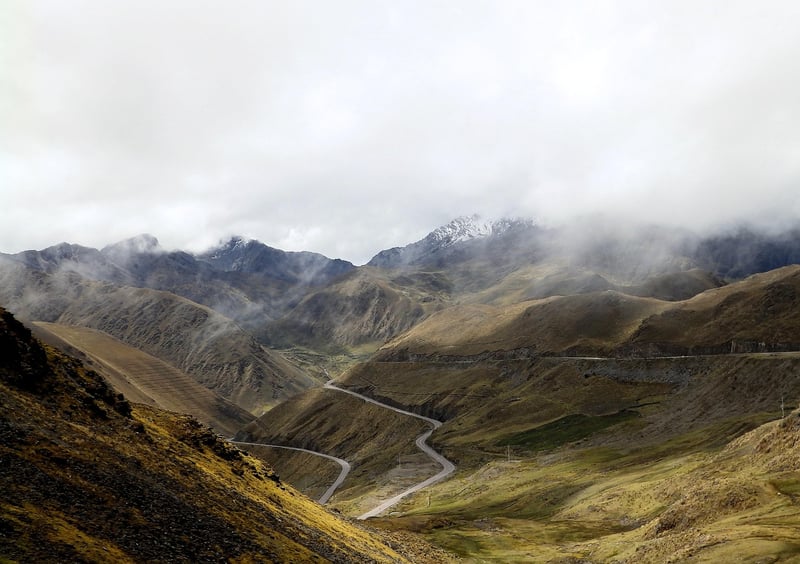Exoplanet Discovery
Exploring the Universe: An Insight into Exoplanet Discovery

Have you ever wondered what lies beyond our Earth, in the vast expanse of the universe? The discovery of exoplanets has opened up a new frontier in our exploration of space, offering a glimpse into the diversity and mysteries of planetary systems beyond our solar system.
What are Exoplanets?
Exoplanets, or extrasolar planets, are planets that orbit stars outside our solar system. These distant worlds come in various sizes, compositions, and orbits, offering scientists valuable insights into the formation and evolution of planetary systems.
Methods of Exoplanet Discovery
Over the years, astronomers have developed several methods to detect and study exoplanets:
- Transit Method: Observing the slight dimming of a star as an exoplanet passes in front of it.
- Radial Velocity Method: Detecting the wobble of a star caused by the gravitational pull of an orbiting exoplanet.
- Direct Imaging: Capturing actual images of exoplanets using advanced telescopes.
- Gravitational Microlensing: Utilizing the bending of light from a distant star to identify exoplanets.
Significance of Exoplanet Discovery
The discovery of exoplanets has revolutionized our understanding of the universe. It has raised intriguing questions about the potential for life beyond Earth and the prevalence of habitable worlds in the cosmos.
Future Prospects
With advancements in technology and space exploration, scientists are continually uncovering new exoplanets and expanding our knowledge of the universe. The search for exoplanets remains an exciting frontier that promises to unveil more about the diversity of planetary systems and the possibility of extraterrestrial life.
Join us on this fascinating journey as we delve into the mysteries of the universe and unlock the secrets of exoplanet discovery!
For more stunning images of the cosmos, visit Pixabay.
